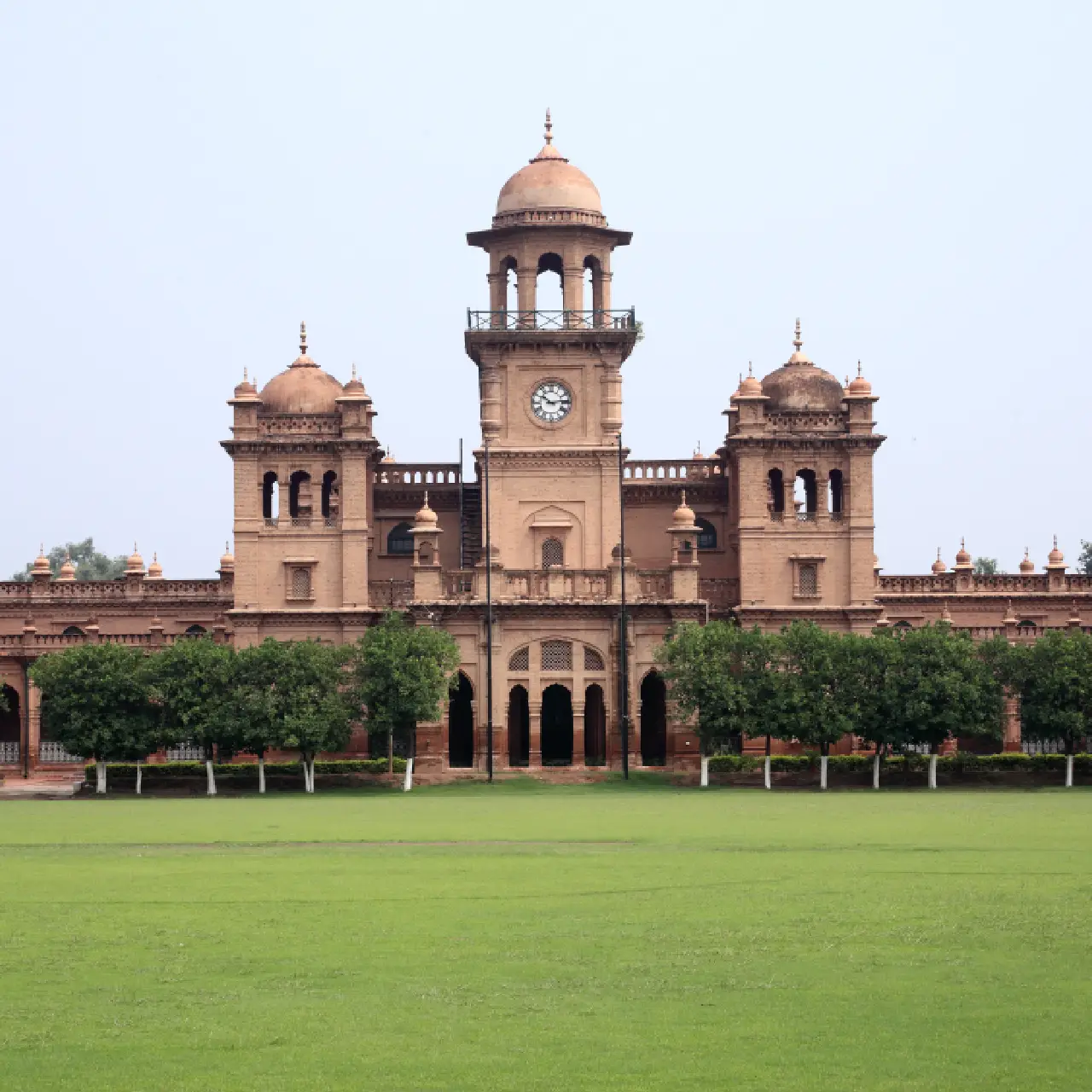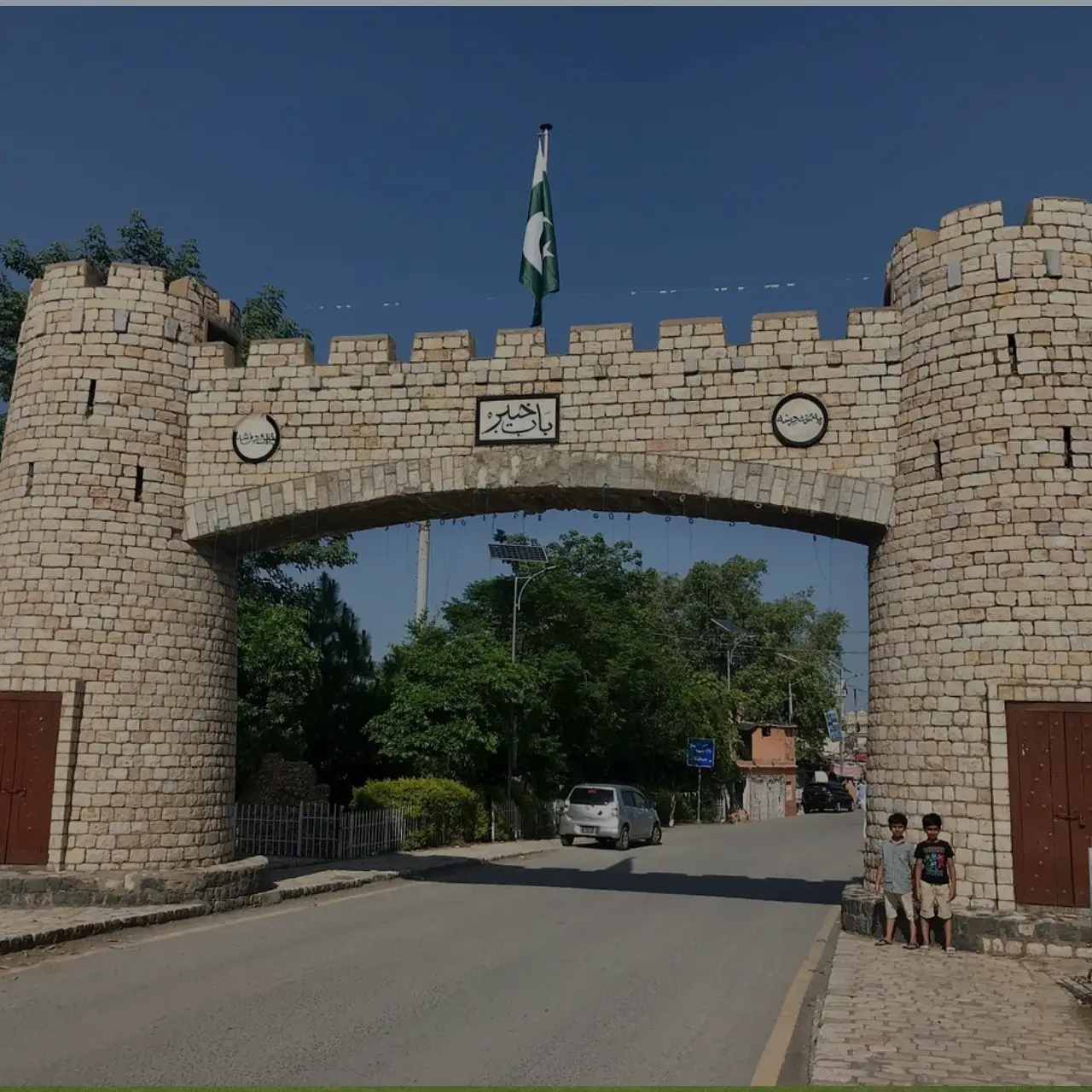Peshawar derives its name from the Sanskrit word “Pushpapura,” meaning the city of flowers. Even Mughal Emperor Babar’s memories mentioned Peshawar’s flowers.
In 327 B.C., Alexander’s legions and the southern wing of his army encountered a fort near Peshawar at Pushkalavati (lotus city) near Charsada, holding them for forty days. The historic Khyber Pass witnessed the great Babar’s march in 1526, establishing the Mughal Empire.
The Khyber Pass and valley resonate with the echoes of armies throughout history, from Aryans and Scythians to Persians, Greeks, Bactrians, Kushans, Huns, Turks, Mongols, and Moghals.


The Khyber Pass, situated in the Sulaiman Hills, offers a passage with a rich historical background. Starting near Jamrud Fort, it extends beyond the border at Torkham. The journey can be undertaken by road, passing landmarks like Ali Masjid and Landikotal Bazaar, or through the legendary Khyber Railway.
Swat Valley, with its rushing torrents, lakes, and flower-bedecked slopes, is an idyllic valley with a rich historical past. Once described as “Udayana” in ancient Hindu epics, it was a key battleground for Alexander of Macedon. The valley was also a hub for Buddhism, boasting over 1,400 monasteries.


A 50-minute flight from Peshawar takes you to the exotic valley of Chitral, nestled beneath the majestic Trichmir peak. About 40 kms from Chitral, the Kafir Kalash tribe lives, known for their primitive pagan traditions and vibrant culture. Chitral offers trekking, mountaineering, and trout fishing, with numerous hotels in Chitral proper.
Thank you for considering VISTA Tourism Management Services for your travel needs. Feel free to get in touch with us using the information below or by filling out the contact form. We look forward to assisting you in planning your next adventure